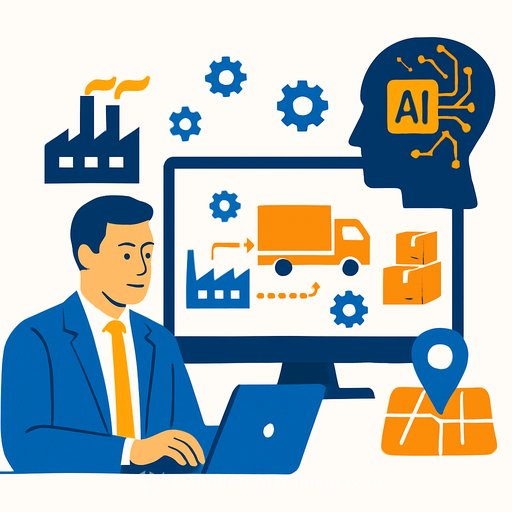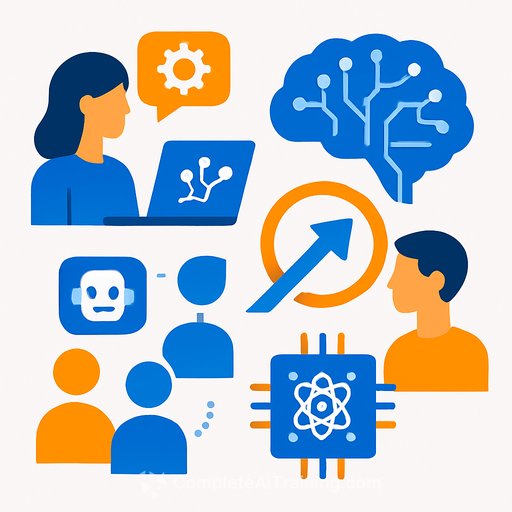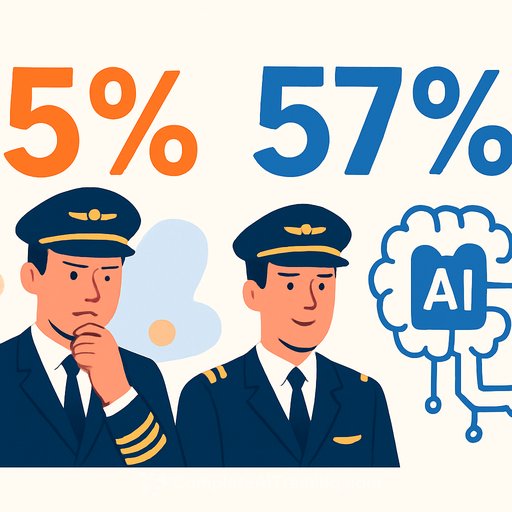Manhattan Associates’ Strategic Vision: Unifying Platforms, Integrating AI, and Leading the Future
At its latest keynote, Manhattan Associates shared a clear strategic direction focused on platform unification, AI integration, and a leadership transition that reinforces continuity. The company highlighted ongoing investments in product innovation and operational capabilities, supported by practical customer use cases.
Leadership Transition and Strategic Continuity
Eddie Capel, Chairman of the Board, opened the event by emphasizing Manhattan Associates’ commitment to innovation, partnerships, and adaptability. He stressed the importance of keeping technology and strategy aligned with shifts in the global supply chain landscape. According to Capel, operational synchronization across systems, partners, and functions is critical. He highlighted the value of modular, interoperable systems that reduce friction in supply chain processes.
Capel introduced Eric Clark as the incoming President and CEO, framing the leadership change as a continuation of the company’s existing path rather than a departure.
Eric Clark: People, Platform, and Market Responsiveness
Eric Clark acknowledged the company’s established legacy and cited three reasons for joining Manhattan Associates: the strength of its team, the pace of platform innovation, and a resilient customer base. He described the Manhattan Active Platform as a unique asset in the enterprise tech space, built as a unified suite rather than a collection of point solutions.
The platform spans supply chain execution, commerce, and planning with a single codebase that facilitates quicker updates, tighter data integration, and simpler implementations. Recent launches include a new inventory planning app and a hybrid AI-powered demand forecasting engine aimed at markets facing unpredictable demand and inventory challenges.
Clark introduced a new agentic AI strategy—intelligent software agents that autonomously manage operational tasks to reduce manual efforts and enable adaptive, real-time responsiveness.
Platform Unification Driving Practical Results
Brian Kinsella, Senior Vice President, Product Management, detailed the benefits of unified applications. Over 25 customers are adopting unified supply chain execution, utilizing consistent data models and processes across distribution, transportation, and fulfillment.
New features supporting this unification include dynamic trailer door assignments, improved shipment planning, drag-and-drop yard visualization, and integrated labor planning. These tools break down operational silos and promote system-wide coordination.
Kinsella introduced Enterprise Promise and Fulfill, a solution for enterprise-wide inventory visibility and order fulfillment orchestration. Unlike traditional order management, it uses live network data, supports multi-node order allocation, and dynamically calculates lead times, simplifying multi-system architectures while improving speed and accuracy.
AI Agents and System Architecture
Sanjeev Siotia, Executive Vice President & CTO, provided a technical overview of the Manhattan Active Platform’s API-first, microservices architecture. Each service operates independently but integrates seamlessly to enable resilient deployments and easy scalability.
Siotia expanded on the agentic AI concept, describing software agents powered by large language models that coordinate tasks, make decisions, and adapt in real time. These agents mark a shift from rule-based automation to flexible, learning-based systems.
Examples include a labor optimization agent that dynamically adjusts warehouse workflows. These agents are live in production, managing thousands of user queries and operational tasks.
To accelerate adoption, Manhattan Associates launched Agent Foundry, a toolkit for customers to build and deploy their own AI agents. A partnership with Google ensures interoperability between Manhattan’s AI agents and external platforms, allowing customers to extend AI capabilities as needed.
Customer Case Study: Duluth Trading Company
AJ Sutera, Senior Vice President and Chief Technology & Logistics Officer at Duluth Trading Company, shared insights from the retailer’s digital transformation. A $60 million investment funded an automated fulfillment center in Adairsville, Georgia, launched in September 2023, with support from Manhattan Associates and other partners.
The new facility has improved order accuracy, fulfillment speed, and labor efficiency. Sutera emphasized that success depended as much on change management—new skills, clear roles, and accountability—as on technology. Strong partnerships and coordinated execution were key to achieving these outcomes.
Platform Availability and Ecosystem Partnerships
Ann Ruckstuhl, Senior Vice President & CMO, highlighted Manhattan’s expanded go-to-market ecosystem. Manhattan Active Solutions are now available on the Google Cloud Marketplace, simplifying access for enterprise customers.
Ruckstuhl outlined partnerships with Shopify and Google to enhance AI-enabled solution delivery and support flexible deployments. Attendees were invited to explore these capabilities at the Unity Pavilion, featuring AI agent demos, platform configurability, and sector-specific discussions.
Positioning for Scalable Execution
Manhattan Associates is advancing a unified system design and AI integration focused on customer enablement. The leadership transition reinforces the company’s existing strategy. With live deployments of unified applications, practical AI agents in use, and tools for customer-driven AI development, Manhattan is set up to deliver scalable performance across complex supply chains.
The focus remains on reducing system fragmentation, simplifying operations, and improving responsiveness to meet dynamic market demands.
Your membership also unlocks:






